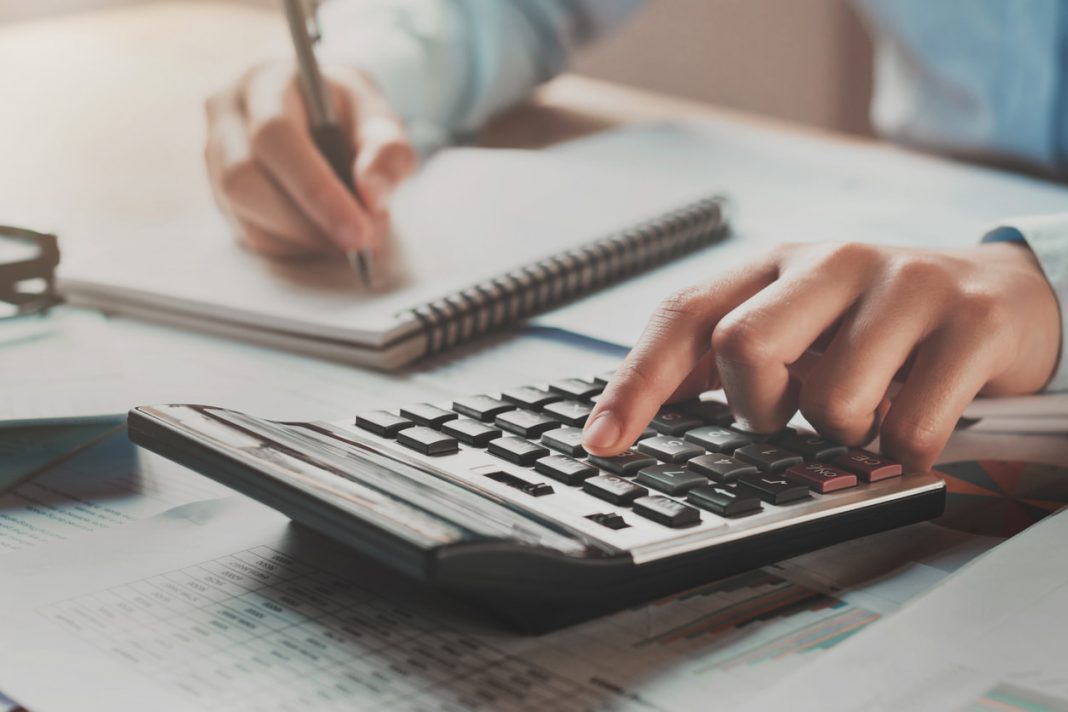Let’s face it: it’s easy to spend money quickly. From necessary costs like utilities and groceries to spending money on yourself or taking care of those around you. It can be difficult to know just how your money is spent and if your current financial goals are being met. Tracking spending habits can be beneficial for keeping yourself financially accountable and feeling secure when you go to make your next purchase. The task certainly sounds daunting, but we have some methods to help you with tracking spending habits and finding ways to save money.
- Create a realistic budget
- Keep a physical checkbook
- Categorize types of spending
- Utilize mobile apps
- Make drastic changes
- Stop using cash
- Reflect regularly on your budget
Create a realistic budget
There are plenty of misconceptions about how to forming a suitable budget. Budgets are essential for establishing financial goals and building a framework of how you choose to spend your money. Creating a budget begins with determining your present income and determining the cost of common expenses.
Start with obligatory monthly payments such as transportation, housing, and health care which can determine how much to spend each month on variable and non-essential purchases. Variable purchases are those that can be realistically cut out in a pinch or it’s possible to save money on them one way or another. For help in determining a budget and monthly expenses, the Federal Trade Commission has a handy worksheet to guide you. By understanding how you aim to spend money, it’s possible to track spending habits more successfully.
Keep a physical checkbook
There might not seem to be a need for balancing checking accounts with a pen and paper, but writing down transactions as they occur is an effective way to track personal spending. Besides having a spare notebook or planner on you at all times, other methods of keeping a “checkbook” include having a specific note-taking app or keeping a well-kept spreadsheet. Another benefit of maintaining a checkbook yourself is having the ability to compare your records to your bank or credit card statements in case of an error.
Categorize types of spending
A productive tip to track spending habits is to group together similar transactions as you make a budget and transcribe purchases. These categories can be as simple and broad as “food” or “date nights”. Or if there is a repeated specific purchase or a store that you visit most often, those can be a category of their own. Categorizing purchases makes comparison a breeze of where you spend the most and least money. There’s a chance your budget and financial goals don’t reflect where most of your money ends up, which makes tracking transactions in groups vital to being in control of personal finances.
Utilize mobile apps
Besides a pen and paper, tracking spending habits is made easy through existing mobile apps. Some things to look for in a good expense tracking app include the ability to sync data from your bank accounts and remind you of upcoming bills and payments. While there are plenty of apps to choose from, perhaps the most popular and the most affordable is Mint. Mint by Intuit is a free app that provides users with a secure way of syncing purchases and automatically categorizes them to help users save money. Another perk of the app is that it provides your free TransUnion credit score. Here’s a great guide on using the app:
Stop using cash
If bank statements are vital to tracking your spending habits, perhaps the easiest method on this list is to avoid using cash. Transactions paid with cash can often slip our minds when there’s no record kept afterward. At the same time, be mindful of the frequency of credit card purchases and when you would be able to fully pay them off. To continue using cash as a means of paying off larger monthly payments (that you’ll still have to manually track) check out Dave Ramsey’s tried and true envelope method.
Make lifestyle changes
Changes in your personal finances may just have to come from changes in your lifestyle. That doesn’t mean you have to sacrifice your well-being just to save some cash. Adapting to change can come with being aware of needed improvements in one’s spending habits. For example, saving money by cooking meals at home instead of eating out regularly.
Reflect regularly on your budget
At the end of each month, it is important to reflect on both the financial goals you met and the ones you didn’t. Spending habits not reflecting your budget isn’t a sign of failure but a sign that your budget could have been unrealistic for your income. The goal of having a budget and following these tips to track spending habits is for real progress to be made. By looking back at the past month, you are able to make changes for the future and determine spending habits worth keeping.
Like this content and want more? Check out our Law and Finance content here. You can also subscribe to our newsletter and receive free articles right in your inbox!
















[…] Track your spending: Count up your total as you shop to predict how much you’ll save at the register. Keep a personal budget in mind for variable purchases and do your best not to go over. Some couponers do this by only paying cash at grocery stores. […]